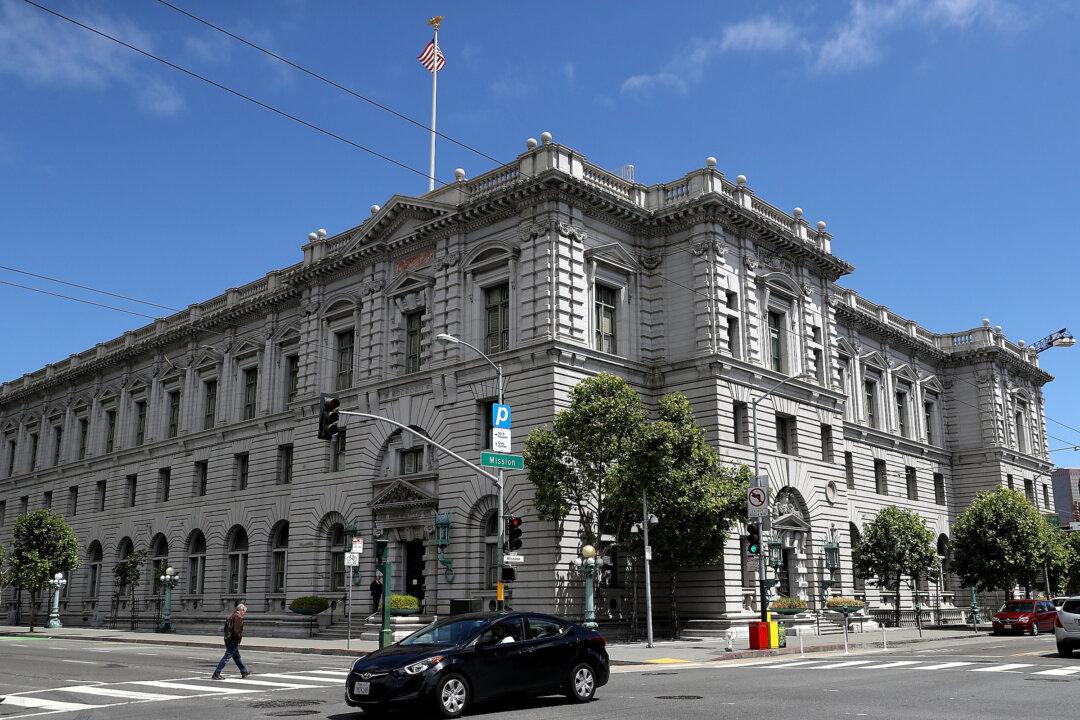Commentary
The report (pdf), from a consortium of U.N.-backed agencies, is shocking: There’s nothing necessarily wrong with adults having sex with children. That is, as long as the sex is “consensual” and the young person involved possesses sufficient “maturity” to “make decisions about engaging in consensual sexual conduct.”





